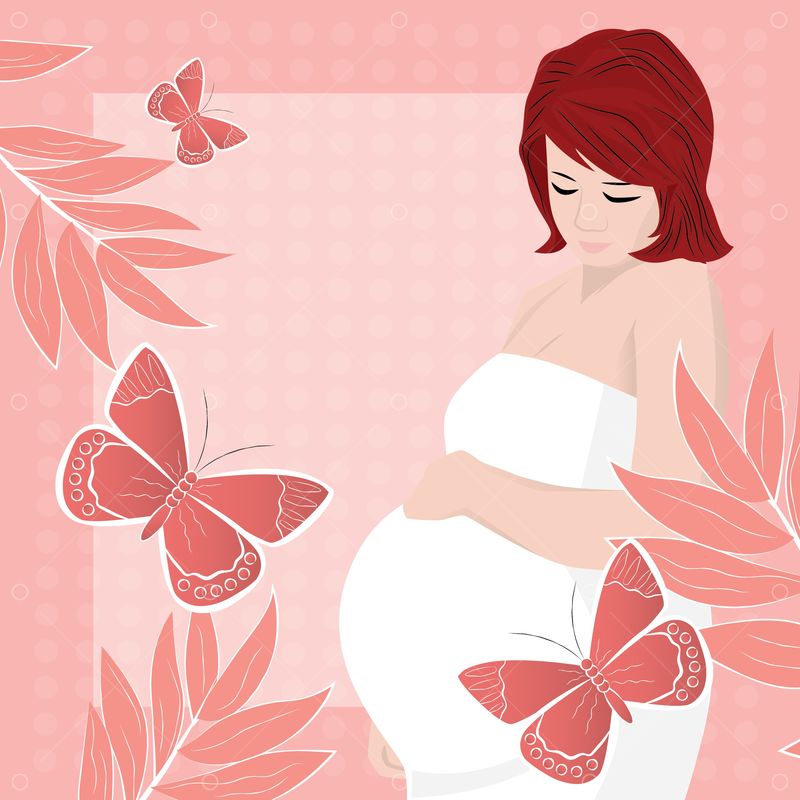
REPRODUCTIVE JUSTICE
MEDICALIZATION IN MATERNAL HEALTHCARE

**NOTE**
Medical advancements have saved the lives of women and babies at risk for
injury or death during pregnancy and birth.
This site is not about the doctors who properly use interventions to save
lives; it is about those who use them unethically for profit or convenience.
Improperly used interventions have led
to harm and death of women and babies and obstetrics
is the only field in which mortality
rates are rising and non-medically needed interventions such as c-sections are
related to 66% of maternal deaths.
**NOTE**
This site is designed to share valid evidence for those working to change
the maternal healthcare system who do not have access to databases of peered
research.
**NOTE**
Chronological order allows users to find new data.
It also begs the question of why, when we have known for decades that
such practices are harmful, do they not only continue to be used but are
increasingly used.
PRENATAL AND PERINATAL PSYCHOLOGY
WHAT DOES THE LITERATURE SAY?
2021
Goldstein, Cohen, J. E., Mareckova, K., Holsen, L., Whitfield-Gabrieli, S., Gilman, S. E., Buka, S. L., & Hornig, M. (2021). Impact of prenatal maternal cytokine exposure on sex differences in brain circuitry regulating stress in offspring 45 years later. Proceedings of the National Academy of Sciences - PNAS, 118(15), 1–. https://doi.org/10.1073/pnas.2014464118
CONCLUDED (from intro) "Stress is associated with numerous chronic diseases, beginning in fetal development with in utero exposures (prenatal stress) impacting offspring’s risk for disorders later in life. In previous studies, we demonstrated adverse maternal in utero immune activity on sex differences in offspring neurodevelopment at age seven and adult risk for major depression and psychoses. Here, we hypothesized that in utero exposure to maternal proinflammatory cytokines has sex-dependent effects on specific brain circuitry regulating stress and immune function in the offspring that are retained across the lifespan"
2020
Lang, Ott, P., Del Giudice, R., & Schabus, M. (2020). Memory Traces Formed in Utero-Newborns’ Autonomic and Neuronal Responses to Prenatal Stimuli and the Maternal Voice. Brain Sciences, 10(11), 1–. https://doi.org/10.3390/brainsci10110837 Accessed https://www.ncbi.nlm.nih.gov/pmc/articles/PMC7697227/
CONCLUDED (abstract) "In our pilot study, we exposed third-trimester fetuses, from week 34 of gestation onwards, twice daily to a maternal spoken nursery rhyme. Two and five weeks after birth, 34 newborns, who were either familiarized with rhyme stimulation in utero or stimulation naïve, were (re-)exposed to the familiar, as well as to a novel and unfamiliar, rhyme, both spoken with the maternal and an unfamiliar female voice. For the stimulation-naïve group, both rhymes were unfamiliar. During stimulus presentation, heart rate activity and high-density electroencephalography were collected and newborns’ responses during familiar and unfamiliar stimulation were analyzed. All newborns demonstrated stronger speech–brain coupling at 1 Hz during the presentation of the maternal voice vs. the unfamiliar female voice. Rhyme familiarity originating from prenatal exposure had no effect on speech–brain coupling in experimentally stimulated newborns. Furthermore, only stimulation-naïve newborns demonstrated an increase in heart rate during the presentation of the unfamiliar female voice. The results indicate prenatal familiarization to auditory speech and point to the specific significance of the maternal voice already in two- to five-week-old newborns."
2018
Konkel. (2018). The Brain before Birth: Using fMRI to Explore the Secrets of Fetal Neurodevelopment. Environmental Health Perspectives, 126(11), 112001–. https://doi.org/10.1289/EHP2268
CONCLUDED (from intro) "From autism to schizophrenia, many brain disorders have long been thought to arise from problems with the connections among nerve cells in the brain.1 Billions of threadlike fibers crisscross the brain, forming labyrinthine networks that relay messages between different brain regions.2 Scientists call this signaling spaghetti the “connectome,”1 and it makes up a blueprint of the trillions of neural connections in the brain. Some researchers hypothesize that these connections encode essential aspects of personality, behavior, cognition, and memory. As neuroscientist Sebastian Seung subtitled his 2012 book Connectome, our neural wiring makes us who we are.3" (material omitted)
1997
Hepper, P. (1997) Memory in utero?? Acccessed https://onlinelibrary.wiley.com/doi/pdf/10.1111/j.1469-8749.1997.tb07442.x
CONCLUDED "There
is evidence of memory in utero. Scientifically reliable studies have clearly
demonstrated that humun fetuses are able to learn and memorise stimuli.
However this memory must be considered rudimentary and of limited duration."
Last updated June 2024